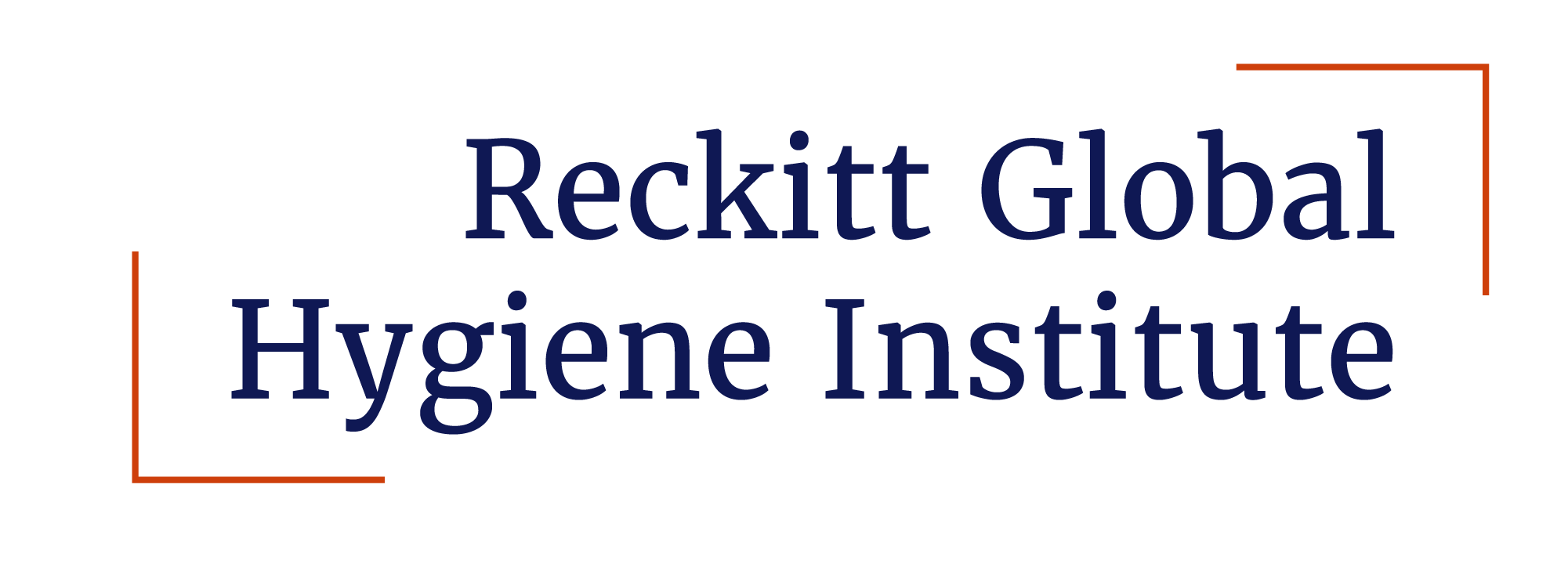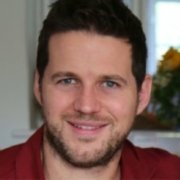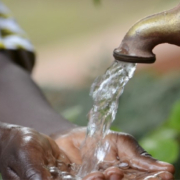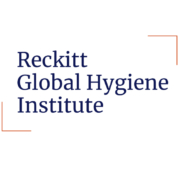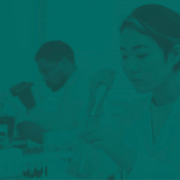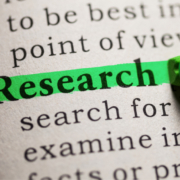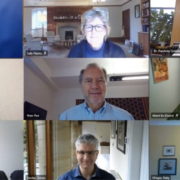Case study: Dr Ian Ross
Cost-benefit and cost-effectiveness analysis have a lot to offer hygiene research, according to Dr. Ian Ross, a research fellow in health economics at the London School of Hygiene and Tropical Medicine.
Such information, he explained, is critical when it comes to allocating resources to the most efficient interventions and reaching more people with the same money. Despite this, very little research in this area exists, he said.
“Only a handful of studies evaluate interventions which were actually implemented. Too many evaluate “promote handwashing” versus “do nothing,” which can be useful but is not often the choice policymakers are faced with. It is more likely that they have decided to invest in handwashing and want to know whether X or Y approach to doing so is better value for money,” Ross, whose PhD focused on measuring and valuing quality of life in the economic evaluation of sanitation interventions, said.
He is among the first five research fellows to emerge from the annual Reckitt fellowship. Spearheaded by the Reckitt Global Hygiene Institute – which aims to generate and fund high-quality, scientific research – the fellowship offers three years of financial support to researchers within the field of hygiene as they look to plug a specific information gap.
Ross’s research as part of this initiative will focus on developing robust costing models for hand hygiene interventions in low- and middle-income countries while creating new outcome measures related to quality of life.
Here, he explains why this research is needed and his hopes for the changes it’ll bring about.
Why did you decide on a career in the field of hygiene?
It’s fascinating that behaviours which seem so simple, such as handwashing with soap, are actually quite hard to encourage. For economists, a key question is how to invest scarce resources to most efficiently improve outcomes. Efficiency depends hugely on whether uptake and adherence to behaviours are achieved. The fact that so little attention has been given to economic evaluation of hygiene interventions made me want to investigate this.
To date, what has your research focussed on?
Developing methods to allow incorporating benefits beyond health and time savings in sanitation cost-benefit analyses. One part of proposed work under my fellowship is applying some of that thinking to hygiene. Last year, I also did some work on costing hand washing programmes. Before joining academia, I worked for about 10 years in policy research related to water, sanitation, and hygiene.
What are your aspirations with your fellowship research?
Obviously I want to address some of the gaps identified above. I hope to use the proposed work as a springboard to carve out a research agenda on economics of hygiene, and to encourage more people to work in this field. I hope to encourage hygiene researchers that they can make productive use of economic methods, by learning new skills or collaborating with economists.
It is a fantastic opportunity to work in a new field, but think in a long-term way. It is unusual to have three years of funding to read, think, and write, in a new area of work, without being pulled in too many other different directions. I intend to make the most of it.
What motivates you most about your field?
The fact that there is such huge potential for impact is very motivating. Inadequate hygiene contributes to over 500,000 child deaths a year, two thirds of that from respiratory infections and one third from diarrhoea. Improving efficiency by identifying the most cost-effective intervention options could put a large dent in that mortality burden, even if overall budgets stayed the same.
What innovation do you wish you were responsible for?
It’s geeky, but I do admire the elegance of the quality-adjusted life year, which captures how people trade off length of life and quality of life. The QALY lets all health interventions be compared to one another on a transparent basis, and shows that small improvements in quality of life can add up to a lot over time.
